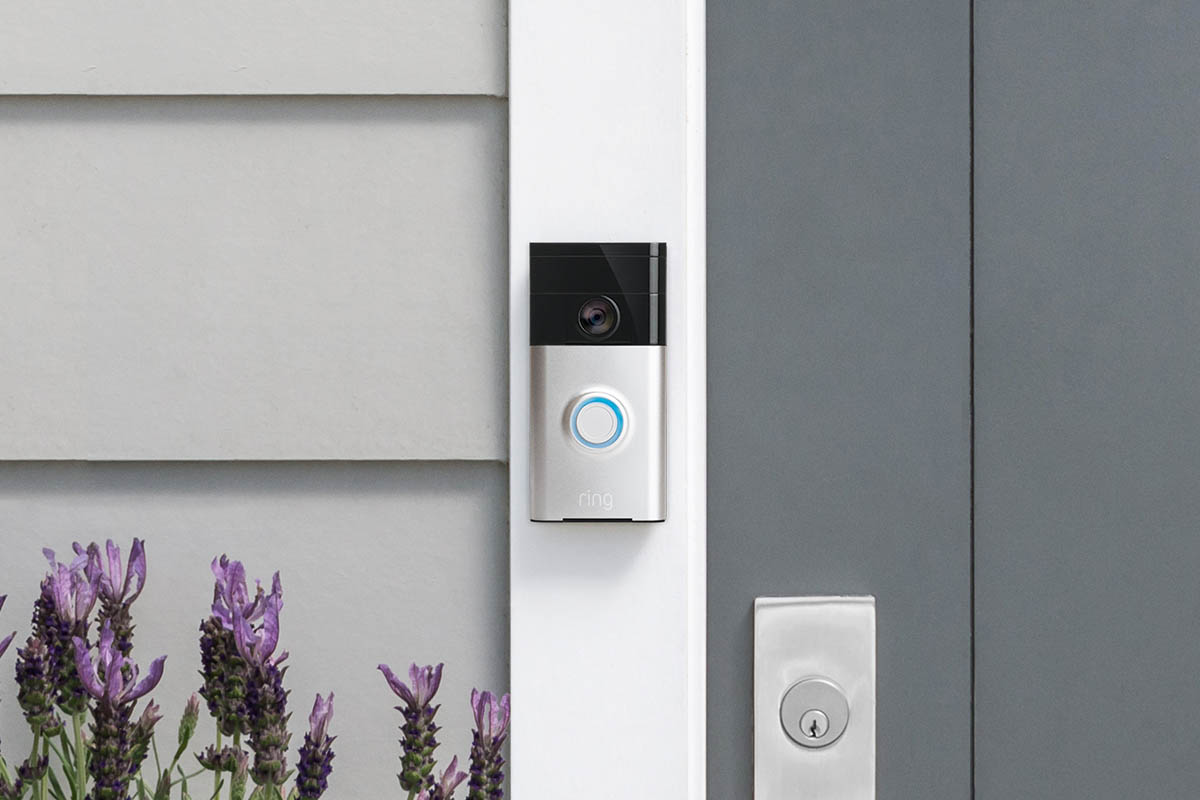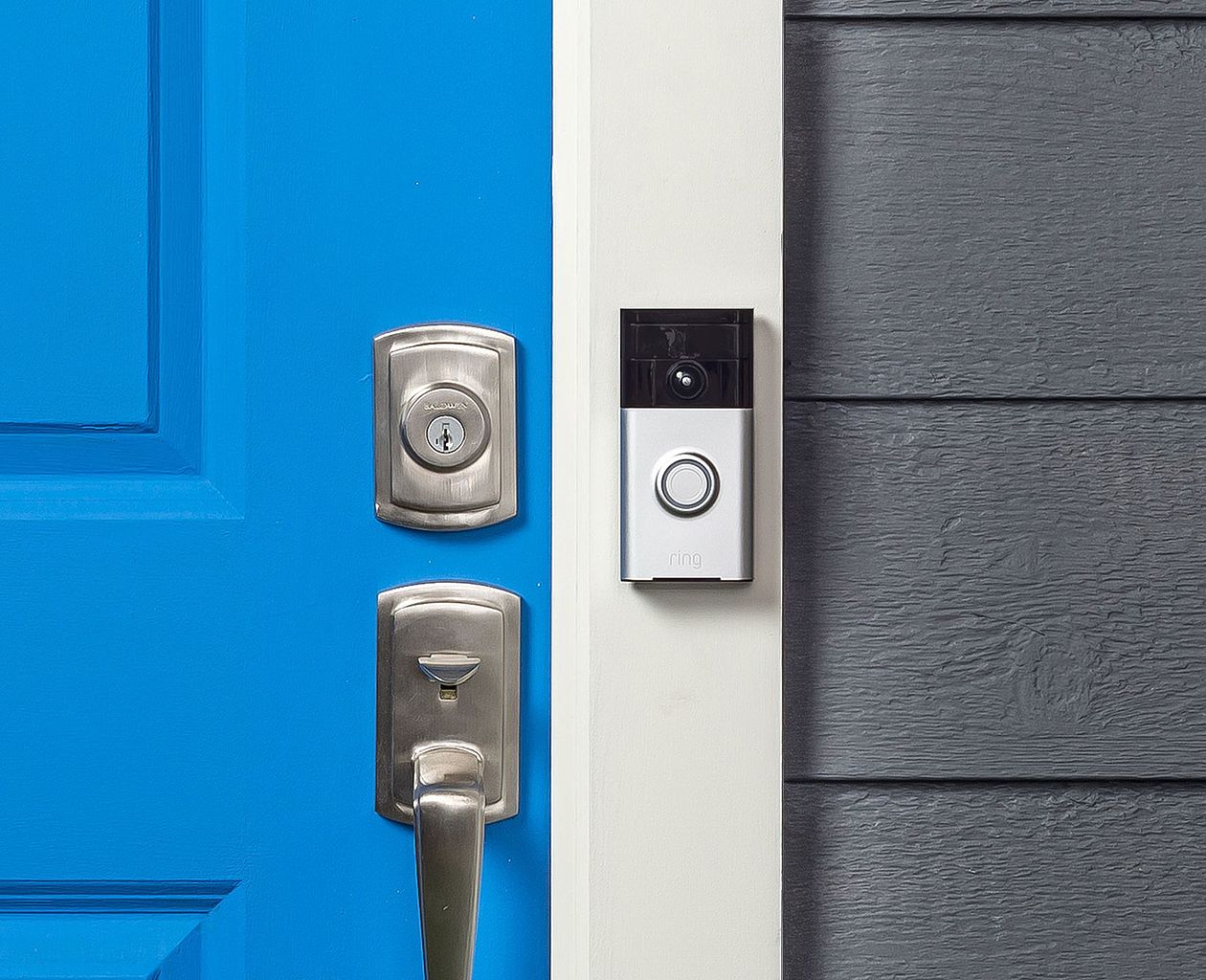The home security company Ring, purchased by Amazon in 2018, is now part of the “largest civilian surveillance network the U.S. has ever seen,” according to a new opinion piece in The Guardian.
“Ring video doorbells, Amazon’s signature home security product, pose a serious threat to a free and democratic society,” writes Lauren Bridges, a PhD candidate at the Annenberg School for Communication at the University of Pennsylvania. “Not only is Ring’s surveillance network spreading rapidly, it is extending the reach of law enforcement into private property and expanding the surveillance of everyday life.”
The big concerns here? If Ring users agree to release video content from their always-on cameras to law enforcement, there isn’t a way to revoke access and there are few limitations on how that content can be used or disseminated. Currently, 1 in 10 U.S. police departments now have access to these millions of cameras and Ring’s affiliated crime-reporting app Neighbors. Bridges estimates there have been 22,000 requests to access footage within the last year (through April); the concern here is that these requests can be made without a warrant and circumvent the fourth amendment. To be fair, Amazon shows a much smaller number.
As well, this footage could be used to identify protestors on the street or target innocent people who somebody (be it a homeowner or police department) considers suspicious — and let’s be honest, that’s going to come down to class and race.

Last year we noted concerns about Ring; at the time, the doorbell-camera unit had partnered with 400 police forces across the country to share video (that number is now at closer to 1,800). According to the Washington Post, these partnerships let police request recorded video within a specific time and area; while homeowners could decline these requests, the Amazon-owned company was creating, in some people’s minds, a for-profit surveillance network (while placing responsibility on the Ring owner).
(We have also, admittedly, recommended the camera units when they’re on sale — while the choice to share the information in your home with police is up to you, the larger ramifications mean we can no longer suggest you use these units unless Amazon makes significant changes. And that includes making them more difficult to hack.)
While Amazon does not seem to regard Ring’s partnerships with law enforcement as a concern, the company has put a pause on the police use of facial recognition software.
Thanks for reading InsideHook. Sign up for our daily newsletter and be in the know.
















